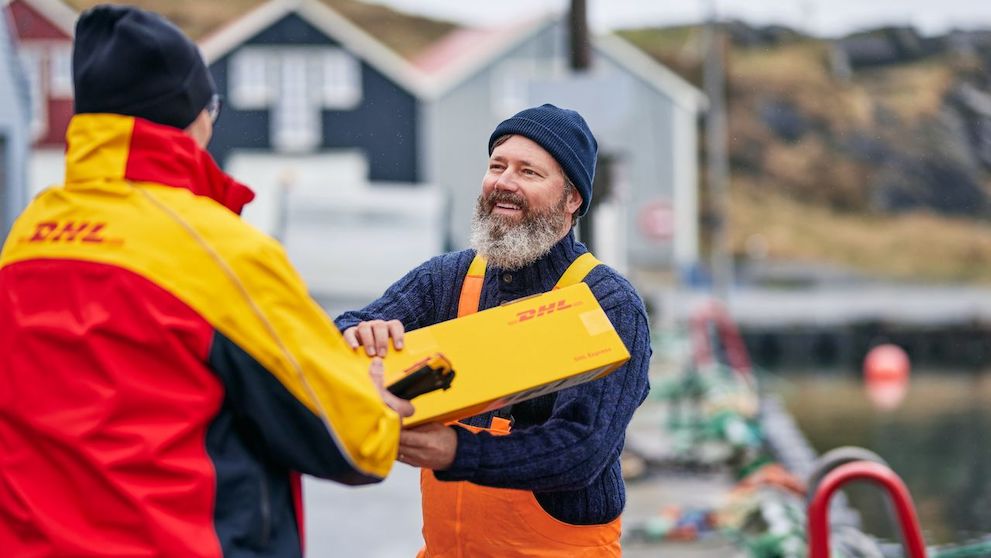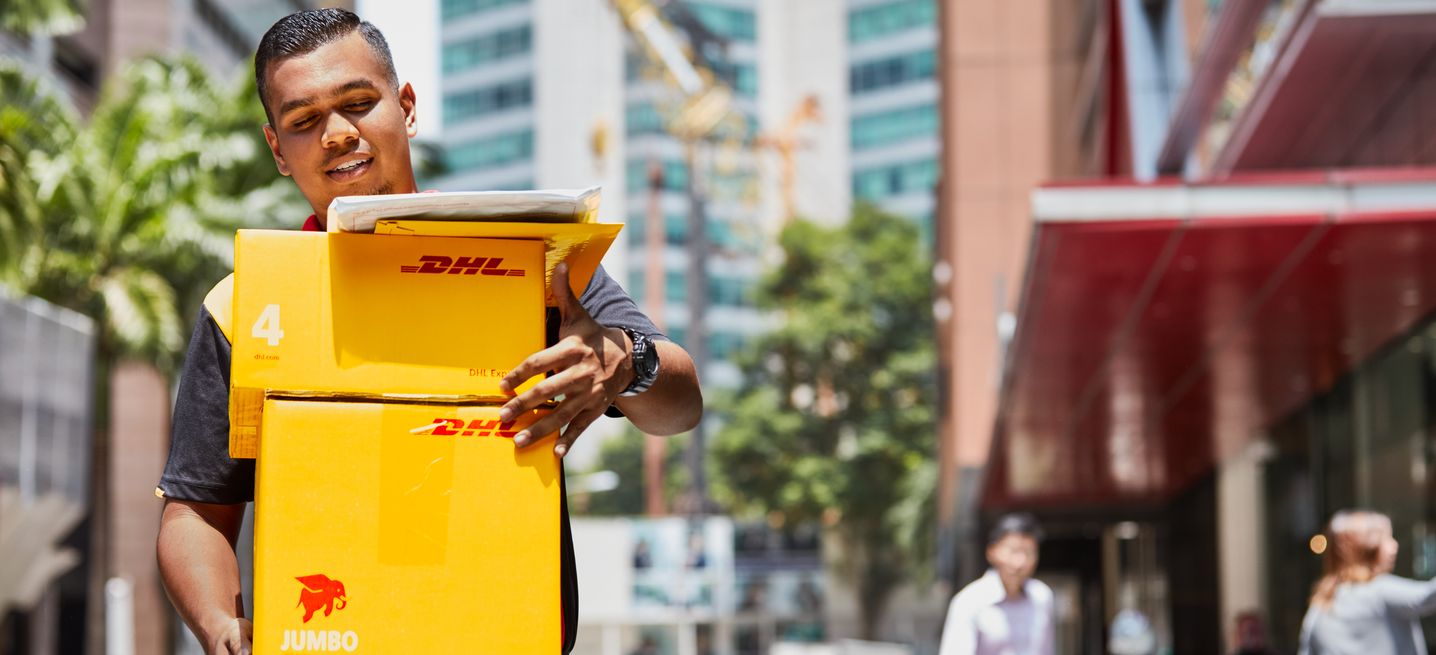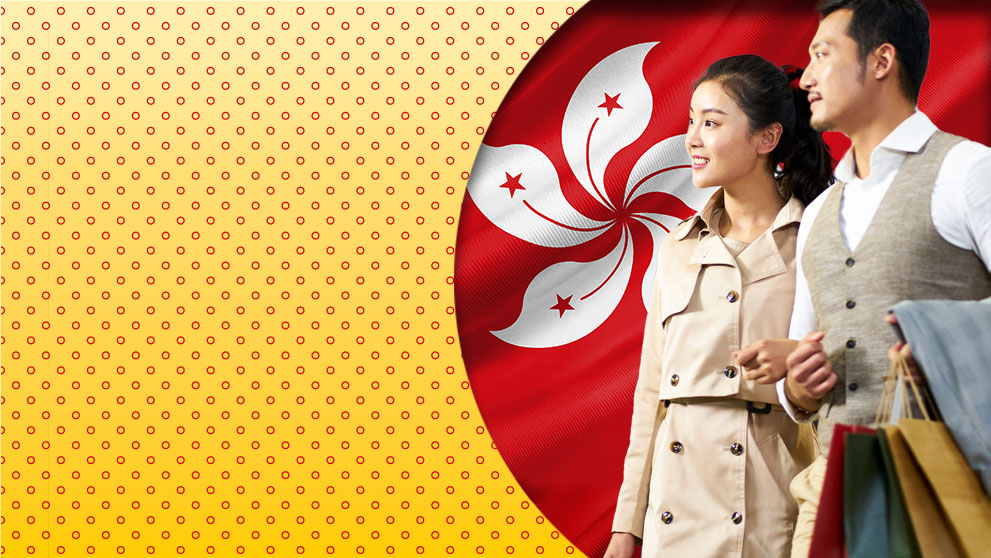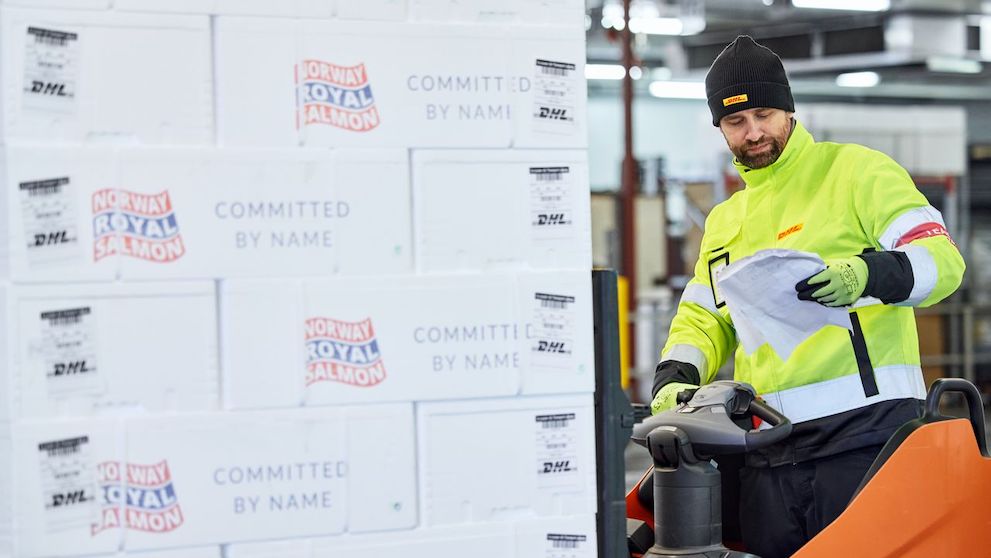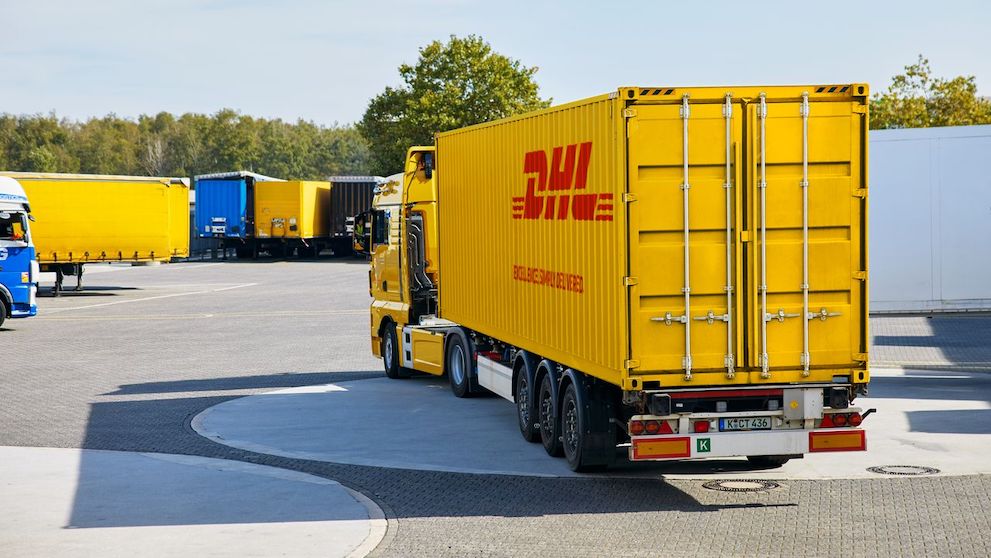The EU-Singapore Free Trade Agreement (EUSFTA) presents numerous opportunities for Singaporean businesses to expand their reach into the European Union (EU). This landmark trade deal eliminates tariffs, reduces non-tariff barriers and expands market access to various sectors. For businesses like yours, it thus becomes much easier and more cost-effective to trade with Europe. If you’re shipping to the United Kingdom (UK), you can still enjoy duty-free tariff lines with the UK-Singapore Free Trade Agreement (UKSFTA). The FTA largely replicates the EUSFTA and aims to continue trade between the two countries since the EUSFTA no longer applies to UK and Singapore trade lines.
What are the benefits of the EUSFTA?
The EUSFTA offers several advantages for businesses in both regions, including:
Tariff elimination: When the FTA came into force, 84% of Singapore’s originating goods enjoyed tariff elimination. These include foods, electronics and pharmaceuticals, among others. Onto the third year and over the next two years, tariffs for remaining products, specifically selected meats and seafood, fruits, textiles and consumer goods, will be removed. Businesses will therefore enjoy greater reduced costs, allowing them to price their products more competitively than other industry players.
Improved market access: The EUSFTA grants Singaporean businesses greater access to various service sectors of the European Union, opening doors to new business opportunities. These comprise industries ranging from professional and telecommunication services to tourism, transportation and manufacturing.
Enhanced protection for intellectual property rights: The EUSFTA strengthens intellectual property rights protection with, more accurately, 70 years of copyright protection. This encourages innovation and safeguarding the interests of businesses.
The same benefits apply to the UKSFTA.
With so many advantages to leverage from such trade deals, it’s only important that you ensure a seamless export experience when you ship to Europe from Singapore. In this guide, we'll cover essential aspects you need to know when sending your parcels to customers in Europe.
1. Prepare the correct documents
When shipping to Europe from Singapore, it is crucial to have the appropriate documents in place to ensure a smooth customs clearance process.
Waybill
A waybill is a document that provides essential details about the shipment. It must include a complete and accurate description of the goods in plain language, specifying their precise nature, purpose and material composition.
Commercial invoice
A commercial invoice is a key document that provides transparency to customs authorities in Europe regarding the shipped goods and their value. Ensure that the invoice includes:
Complete and accurate information on goods and their value
Any preferential origin, if applicable, with the legally required wording, date and signature
Matching breakdown and values for goods, insurance, freight and other fees, as well as import customs duties and taxes (pre-calculated)
Discrepancies between the commercial invoice and proof of payment can lead to queries from authorities or suspicion of under-valuation of goods, delaying your shipment further. It is crucial to adhere to the European customs authorities' guidelines and valuation requirements to avoid complications.
Permits, licences & certificates
You will need to submit any required permits, licences and certificates to DHL Express for compliant import/export clearance, including health, phytosanitary and veterinary certificates. This allows us to ensure that all the legal paperwork is in order when we help you clear your shipments.
2. Check for duties & taxes
While the EUSFTA allows all Singapore-originating products to enter the European Union duty-free, all other taxes are excluded from the scope of the trade deal. This means you’ll still need to pay the Value-Added Tax (VAT) when shipping to the designated country in Europe. For example, when shipping to France, the standard import VAT rate is 20%, with reduced rates for specific products like certain foodstuffs and pharmaceuticals. In contrast, Denmark imposes a VAT of 25% on all imported goods and services. Import duties for industrial goods from non-EU countries can vary between 5% and 14%. Additionally, agricultural products such as sugar, oil, rice, grains, dairy items and meats like beef and veal may be subject to fluctuating fees.
Do note that the VAT de minimis rate has been abolished across most EU member states. Paying attention to duties and taxes ensures you can set aside appropriate funds to pay the costs of clearing customs when shipping to a designated European country.
3. Ensure only permissible goods are being shipped
Before shipping, ensure that the goods being shipped are permissible, not prohibited or have the necessary permissions if they’re restricted.
Restricted goods
Packages with restricted goods require specific permissions, licences or permits to be shipped to Europe. Examples include:
Alcohol and tobacco products
Pharmaceutical products
Chemicals and hazardous materials
Electronic equipment
If you’re shipping to Germany, for instance, every cosmetic device used for hair removal, including those employing photo epilation (IPL, laser, or diodes), thermal epilation, electric or battery-powered mechanical removal (such as shaving), electrology, transdermal electrolysis or microwaves, must comply with the stringent regulations of the European Union and display the "CE" mark on the product. Individuals or businesses shipping articles of torture to the UK, such as guillotines for the purpose of public/historic display in museums, can send them to the UK with an import licence issued by the Department for Business Innovation and Skills.
Prohibited goods
Prohibited goods are not allowed to be shipped under any circumstances. Examples include:
Explosives and ammunition
Illegal drugs
Counterfeit products
Protected wildlife and endangered species
Express delivery to Europe with DHL Express
Shipping to Europe with DHL Express is a breeze. Start by signing up for a business account and use our user-friendly MyDHL+ portal to create shipments, prepare invoices, apply for shipment insurance and track the movement of your parcels. You can also provide your customers with the choice of how they wish to receive their parcels with our On-Demand Delivery services.
We provide an end-to-end import and export service, including customs clearance, in 42 of the 50 European countries. As an Authorised Economic Operator (AEO), we ensure compliance and maintain authorisations across most countries. Our 24/7 clearance service operates in several shifts, and we aim to pre-declare shipments before arrival when permitted by customs authorities. We will act as your customs representative with a Power of Attorney, as regulated by national law, to streamline the process. This means you do away with extra and unnecessary costs of customs hold-up due to potential mistakes, and ensure speedy delivery for all packages.
Export to Europe today with us!
